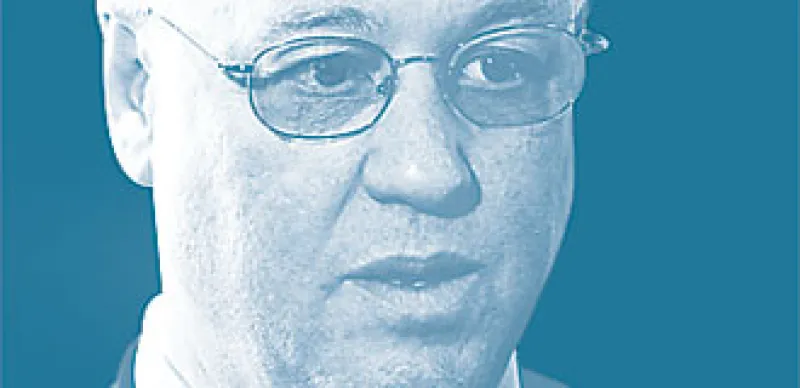Money in politics is like water on concrete. It finds the cracks, and in New York the cracks are as wide as the canyons of Wall Street.
New York State law allows contributions larger than the federal limit. It also allows money managers seeking contracts from the state pension fund from making donations to officials charged with its oversight. Politicians have taken advantage of this — and been amply rewarded.
Witness the checkered career of Alan Hevesi. His first big break came in 1994, when he ran as the “clean candidate” in a brutal primary for New York City comptroller against incumbent Elizabeth Holtzman. She was under scrutiny for taking a campaign loan from Boston-based Fleet Bank, which subsequently won a municipal bond mandate from the city.
In 2002, Hevesi was elected state comptroller, making him sole fiduciary for New York’s then–$112 billion in retirement funds. His job enabled him to raise hundreds of thousands of dollars for his campaigns from money managers, including hedge funds and private equity firms.
Among those who made political donations were Jonathan Bloch, senior managing partner of GKM Newport; Arthur Levine and Lauren Leichtman, co-founders of Levine Leichtman Capital Partners; Daniel Loeb, founder and CEO of Third Point; Damon Mezzacappa, founder and CEO of Mezzacappa Management; Daniel Och, founder and CEO of Och-Ziff Capital Management Group; Steven Rattner, founder and CEO of Quadrangle Group; David Rubenstein of Carlyle Group; and executives from the private equity firm of Freeman Spogli & Co. These managers won contracts from New York’s state pension fund either during or shortly after Hevesi’s tenure.
Private equity manager Elliott Broidy, chairman of Markstone Capital Group, was also a big Hevesi backer, through his wife, Robin Rosenzweig, who gave Hevesi almost $64,000 in campaign donations.
Mezzacappa says he gave money to Hevesi even before the politician became comptroller “because he is a good guy and very capable.” All of Mezzacappa’s contributions were completely within federal guidelines. His firm never used a placement agent, and indeed, Mezzacappa says he had never heard of Henry (Hank) Morris, the political fixer who acted as a placement agent for managers seeking business with New York State Common Retirement Fund, until Andrew Cuomo’s investigation into the fund started making headlines.
Many of the managers and agents who donated money to Hevesi were active in Democratic politics. But their generosity made for what one politically active placement agent called “bad optics.”
Carl McCall, Hevesi’s predecessor, received contributions from some of the same private equity managers who donated to Hevesi. After leaving office, McCall founded New York–based financial services group Convent Capital — one of many firms subpoenaed by Cuomo as part of his investigation, which supporters of Hevesi and McCall say is politically motivated.
Alan wasn’t the only Hevesi who benefited. In 2005, Dan Loeb of Third Point hired Hevesi’s son, Daniel, a former New York State senator, to work as a marketer for his hedge fund firm. Hevesi’s other son, Andrew, is a New York State assemblyman and received contributions from Broidy, Mezzacappa and Rosenzweig.
Current New York City comptroller William Thompson Jr., who is running for mayor, says he wants to ban placement agents from city pension funds. But his campaign finance records show he took money from some of the same people as Hevesi, including Rosenzweig and executives from Levine Leichtman, whose firms received allocations from the New York City Employee Retirement System. Although Thompson is not a sole fiduciary for the New York City pension system, the city comptroller and the mayor are among those with oversight of its investments.
In 2006, after pleading guilty to defrauding the government by using public employees for personal reasons, Hevesi resigned. His replacement, Thomas DiNapoli, pledged not to take money from vendors seeking public fund contracts.
See related story, "Pension Pay To Play Casts Shadow Nationwide".






